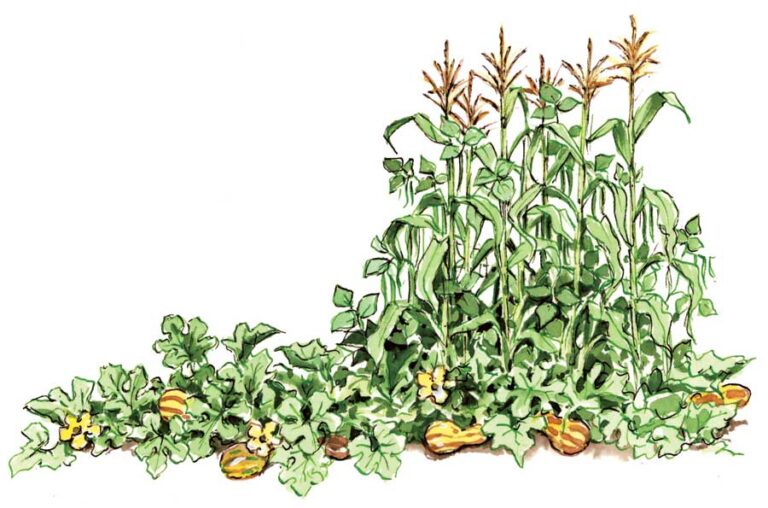the main challenges to alternative food networks
Alternative food networks (AFNs) aim to help connect food consumers with food producers in the hope that the resocialization of consumption will drive change within the food system. Such changes are generally geared towards promoting social and environmental sustainability. However, even with holistic intentions, alternative food networks [AFNs] are not without their challenges, limitations, and…

